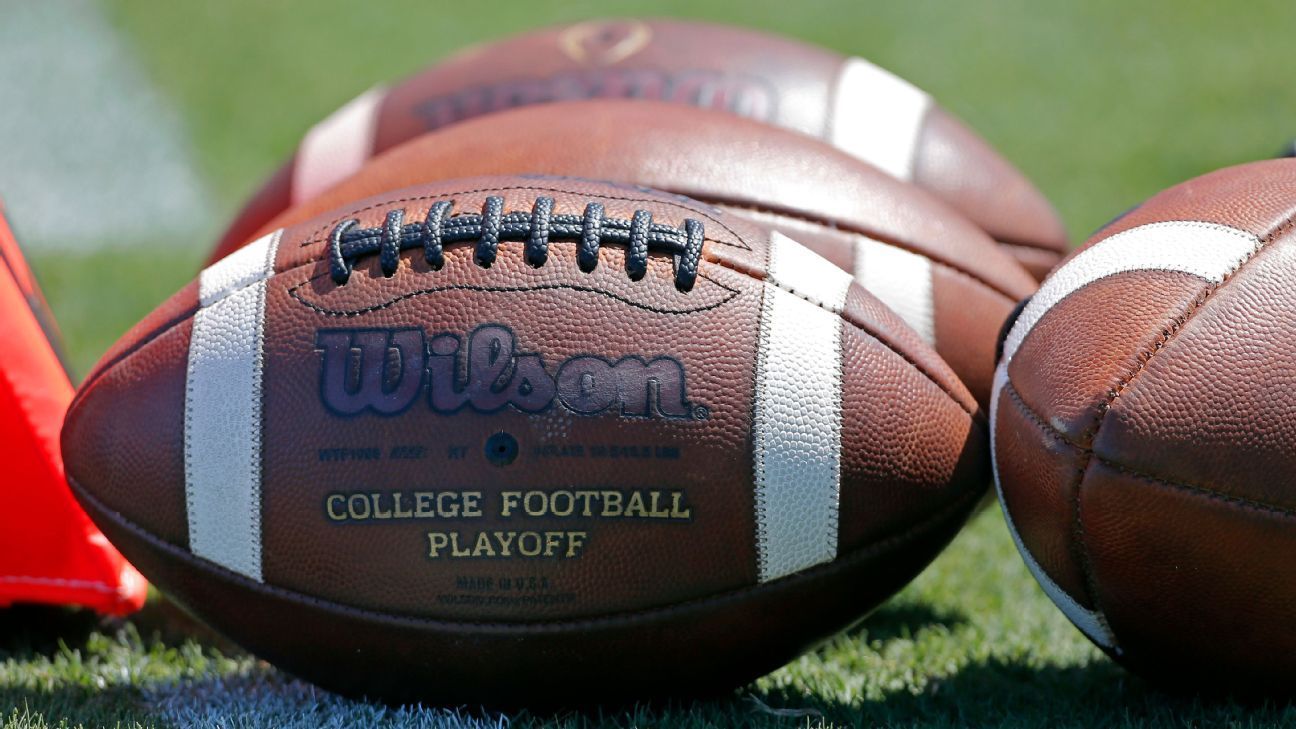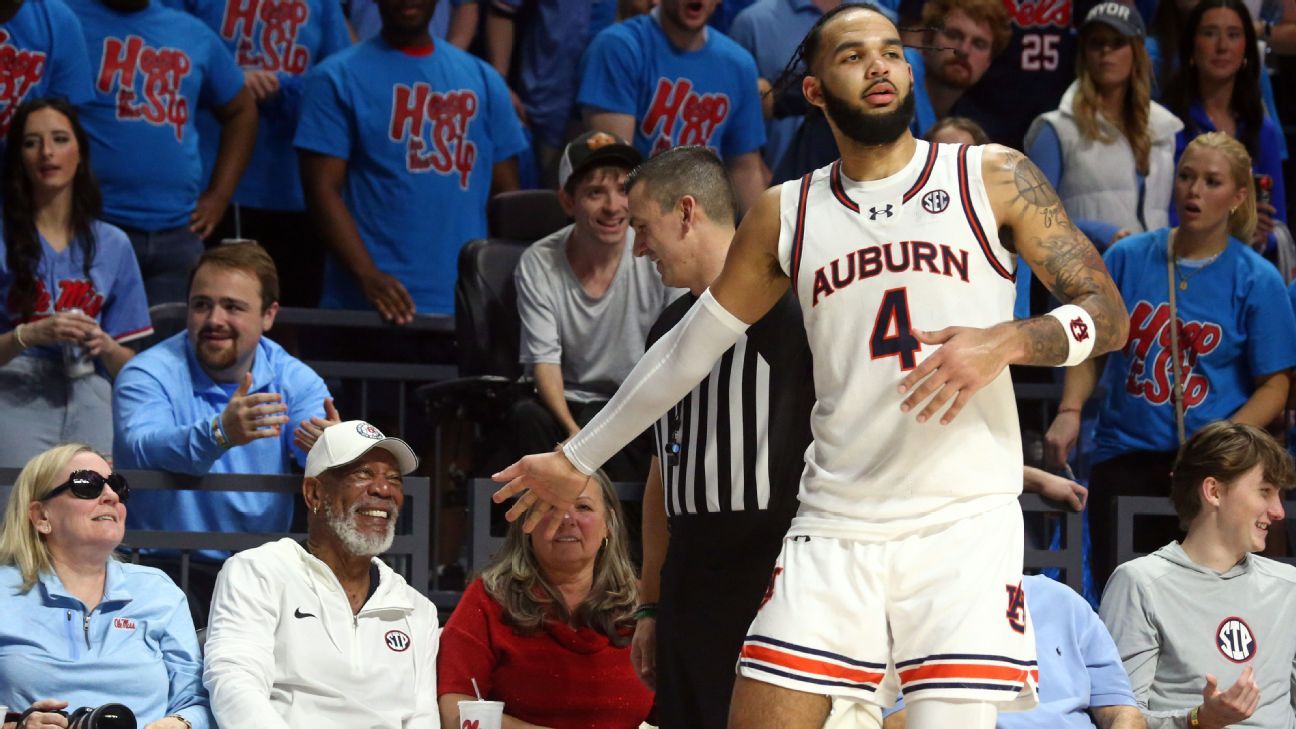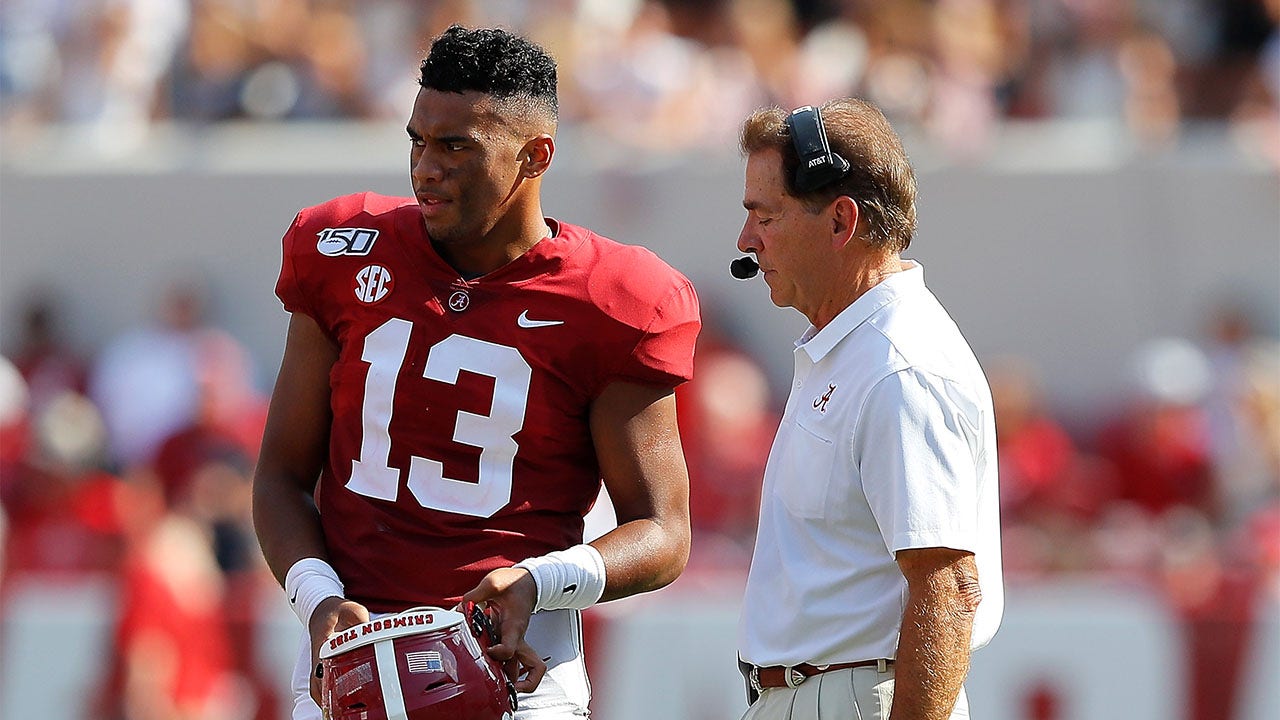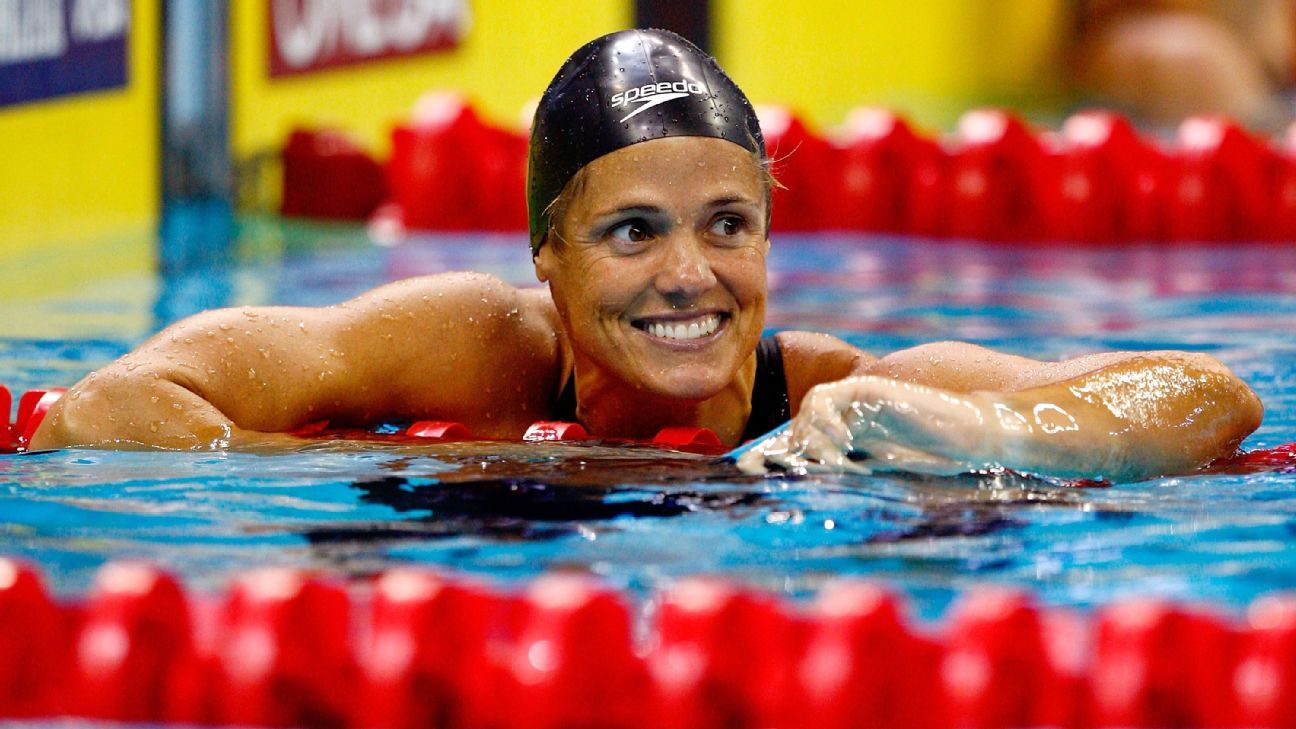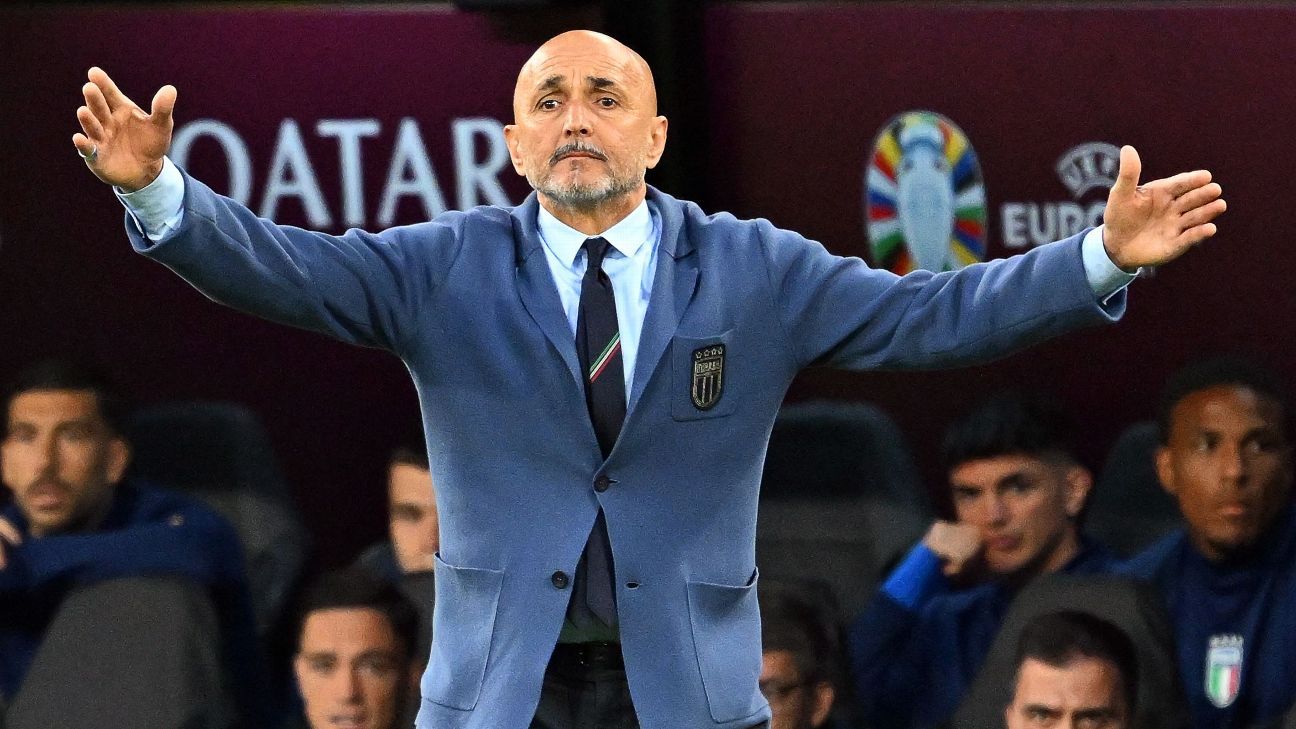The College Sports Commission, the new enforcement agency for college sports, has asked all schools under its purview to agree to waive their right to challenge future punishments in court as part of a deal that would give the agency significant power to investigate and punish rule violators in the era of NIL agreements and direct payments to athletes.
The CSC, which launched in July, sent a 10-page membership agreement to all power conference schools Wednesday afternoon and asked them to sign it within the next two weeks. The terms of the agreement are designed to close loopholes that have made it difficult for the NCAA and CSC to enforce the rules established by the recent House agreement dictating how college athletes can be paid.
The agreement will not go into effect unless all schools sign it.
“The starting point in all of this is the agreement, but the participation agreement really brings a lot of meat to that in terms of enforcement,” CSC CEO Bryan Seeley told ESPN on Wednesday.
The House agreement allows each school to spend up to $20.5 million this year on direct payments to its athletes. It also empowers the CSC to ensure that any name, image and likeness agreement an athlete signs with a third party is for a “valid commercial purpose” rather than a recruiting inducement. College sports leaders hope the CSC can use its authority to impose a spending limit that prevents wealthier schools from gaining too much of a competitive advantage.
Schools that sign the agreement will waive their right to challenge any CSC ruling in court. Instead, any appeal of a CSC punishment would go through an arbitration process agreed to as part of the House agreement.
Schools must also agree that they will not attempt to encourage or assist other parties (their state attorney general, for example) to file lawsuits against the CSC. Any school that violates that rule would lose at least one year of conference revenue and miss at least one year of postseason play in any sport involved in the dispute.
Many of the rules governing college sports are susceptible to legal challenges because they are not supported by the collective bargaining agreements that provide stability to professional sports leagues. Seeley said college sports leaders are looking for a solution that would prevent their peers from exploiting that weakness by filing a lawsuit when they face potential punishment.
“[Schools] “We don't want to live in a world where the rules are set by individual state lawsuits,” Seeley said. “They don't want the rules to depend on what state you're in and what judge you're before. In any individual situation where a school is disciplined, the school may have an incentive to [file a lawsuit] to get out of discipline. But collectively, schools don't want that.”
However, many of the agreement's key provisions apply only if they do not conflict with the school's existing state law.
Several states have laws that prevent public institutions from resolving disputes through arbitration. Other states have passed specific laws related to college sports in recent years that contradict some of the CSC's rules. Seeley said a federal law replacing those state laws would likely be necessary to fully strengthen the new rules against legal challenges.
The terms of the agreement sent Wednesday would give Seeley and his team more power than the NCAA enforcement office has had in the past. Schools that sign must agree to make “best efforts” to get their coaches and any associated advocates to cooperate with future CSC investigations. A school can be punished if a coach or booster does not cooperate.
Under the terms of the agreement, the CSC also has the authority to assume that an uncooperative person is withholding information that would harm his or her case and to take that into account when deciding whether a violation has occurred.
The CSC has not launched any investigations since it opened its doors on July 1. The organization hired a head of investigations earlier this month and expects to begin pursuing several leads on possible violations in the next month.

